Order CD/LP/DL: https://goo.gl/WygZtR
Digital: https://IDOL.lnk.to/Laylet_El_Booree
Release Date: April 5th, 2019
Fusing the rhythms and invocations of the ancient Saharan Banga ritual with an electrical storm of contemporary sonics, Ifriqiyya Electrique’s second album both grips and awakens.
In Tunisian, Banga means "huge volume” and one cannot think of a more apt description of Laylet el Booree than that.
Maximalist & relentless. Blood, sweat & trance.
In the West, music performances and audiences are widely cut from the same cloth. There is a secure dividing line between the stage and the hall, the audience and the performer. But profoundly different experiences can be found on the southern side of the Mediterranean Sea, deep in the Tunisian desert, where the group Ifriqiyya Electrique was born and has performed the most. Several years ago, two of the musicians who make up the five-piece Ifriqiyya Electrique - Gianna Greco and François R. Cambuzat - ventured to the Djerid desert of Tunisia to investigate and confront the religious ritual of the Banga, a ritual of legendary intensity indigenous to the region. The musical duo’s background is in the underground post-punk scene of continental Europe, as members of Putan Club and as collaborators with the venerable Lydia Lunch. But they are also voracious travellers and seekers of global sonics that are at least partially hidden from the western gaze. Previous trips to the Uyghur region of China and the Kurdish regions of Turkey had in part prepared them for the musical immersion they would undertake in Djerid. Their original intention was not to join in the ritual but rather to research how this unique ceremony delivered “pure elevation” to its participants. This state of elevation or trance, is something that they had experienced in their own music, and they were searching for instructive parallels and new perspectives.
But after living in, and travelling throughout the Djerid for years, things began to morph. The beginnings of a group began to take form. There was a shift towards direct engagement. Their first "appearance" ended up being in Nefta, in the city of Sidi Marzug. It was terrifying: after all the months of studying, filming, recording and bonding, could Ifriqiyya Electrique actually participate in the Banga ritual? The first ten minutes were in fact distressing, the Banga adepts from the town initially shocked. But eventually the locals recognized a shared music of the spirit and everything rocked together: people sang, danced, went into trances, were healed and the entity that became to be known as Ifriqiyya Electrique passed an unwritten test of inclusion. Remember: Ifriqiyya’s music was never composed for a Western audience in the first place. It was brought to life in real time, on the same streets in which the Banga has been practiced uninterrupted for centuries. Within the ritual there is no leader nor primadonna. It is a collective improvisation. Sufism. A ritualized, social bond where no one stands above anyone else.
The title of the second album Laylet el Booree translates as the “Night of the Madness.” It refers to the last part of the annual gathering of the adorcist ritual from the Banga of Tozeur – it is the night when the spirits actually take possession of the bodies. Like the ritual itself, the album is wild, frantic, and never caresses the listener’s expectations. But its purpose is also to heal; with sweat, spirituality, electricity and trance being central to the almost overwhelming sensory experience. With the band now joined by new member Fatma Chebbi (on vocals and tchektchekas hand percussion) one senses that the musical and cultural conversation is even deeper this time around. In fact, it doesn’t feel like a speculative conversation at all, but rather something fully formed and undeniable. An emergent ritual in itself.


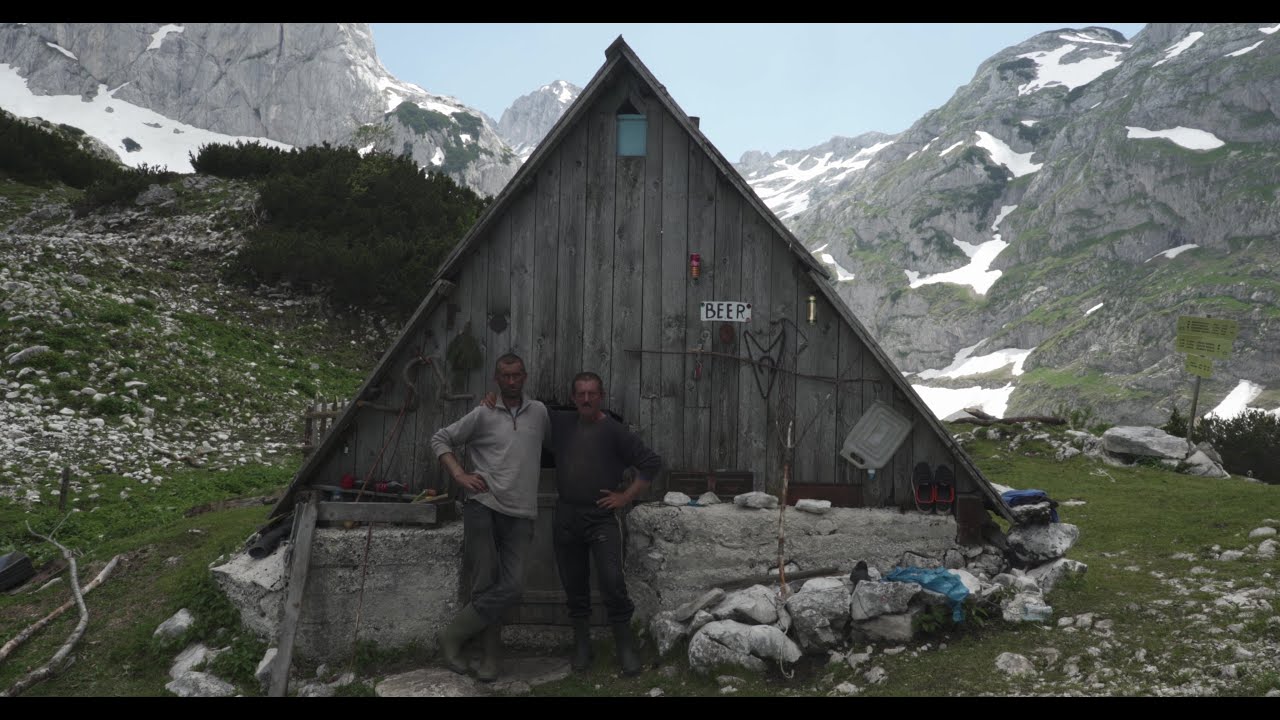
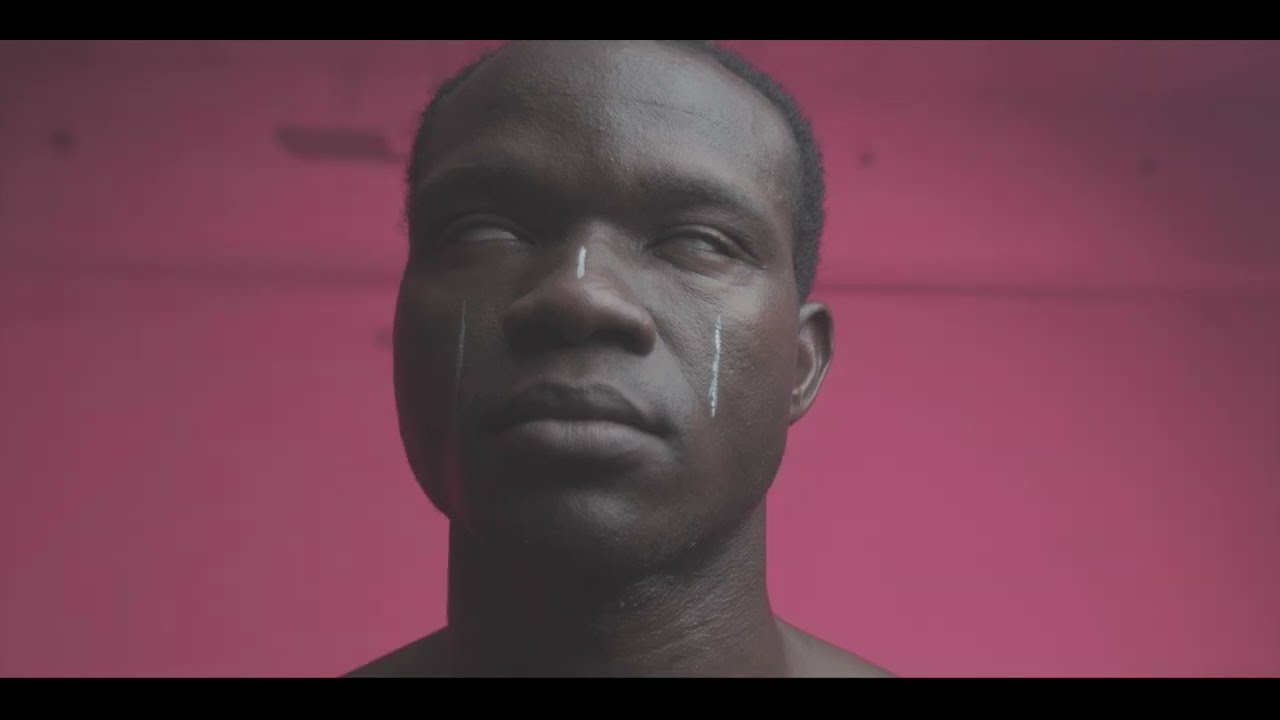
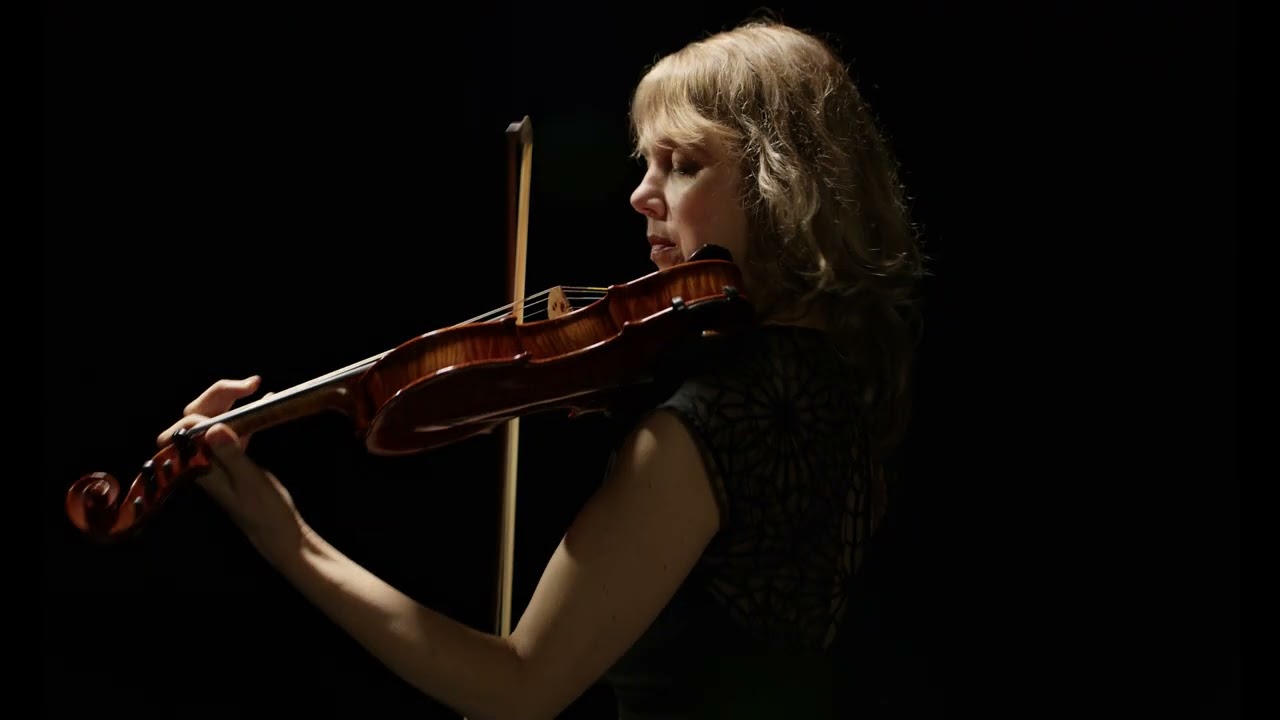

![Bawl - Cowabunga [Musikvideo]](https://img.youlistener.com/upl2/public/662/93e/ca1/KkuL0M82afI.jpg)
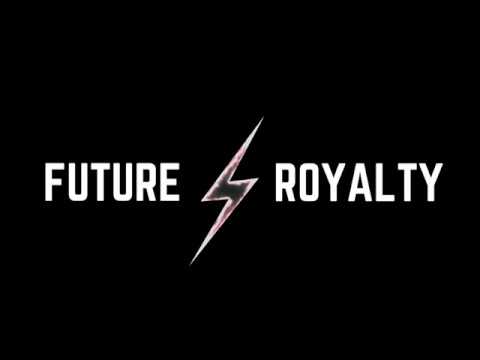
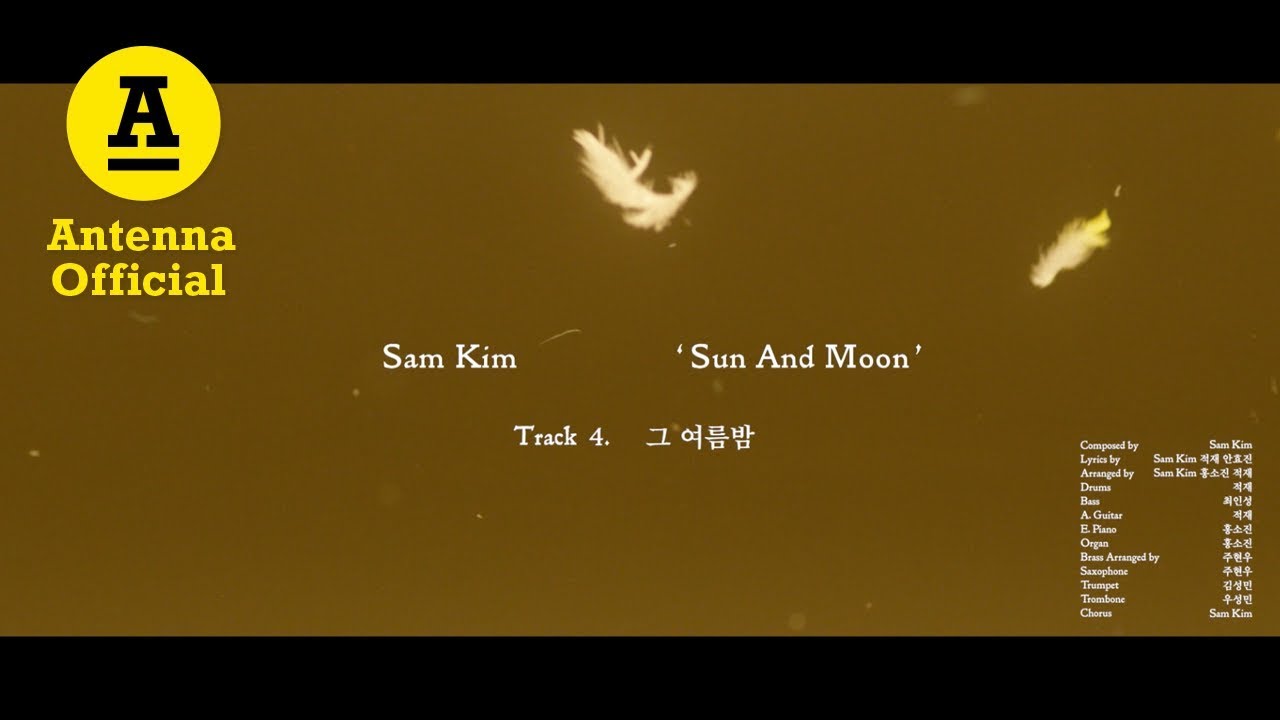
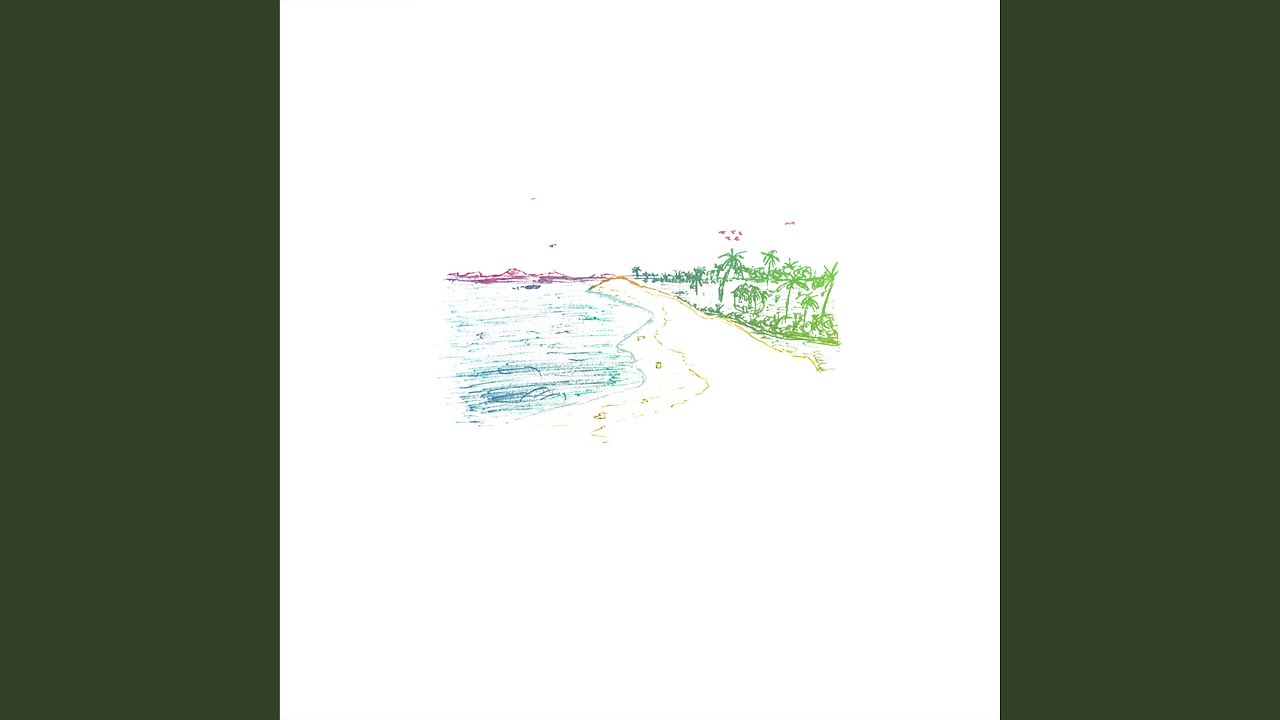
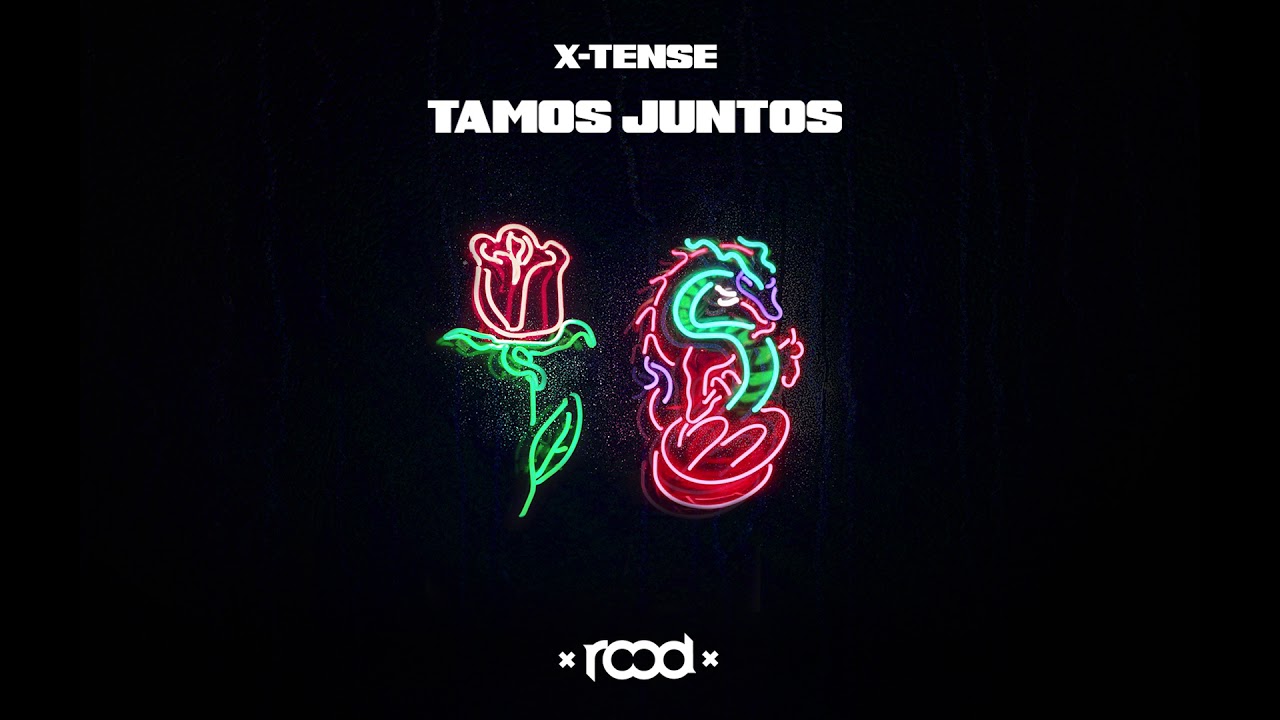
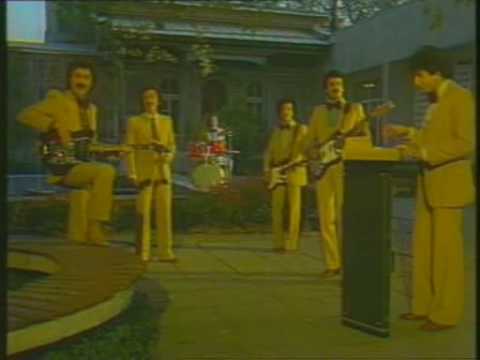

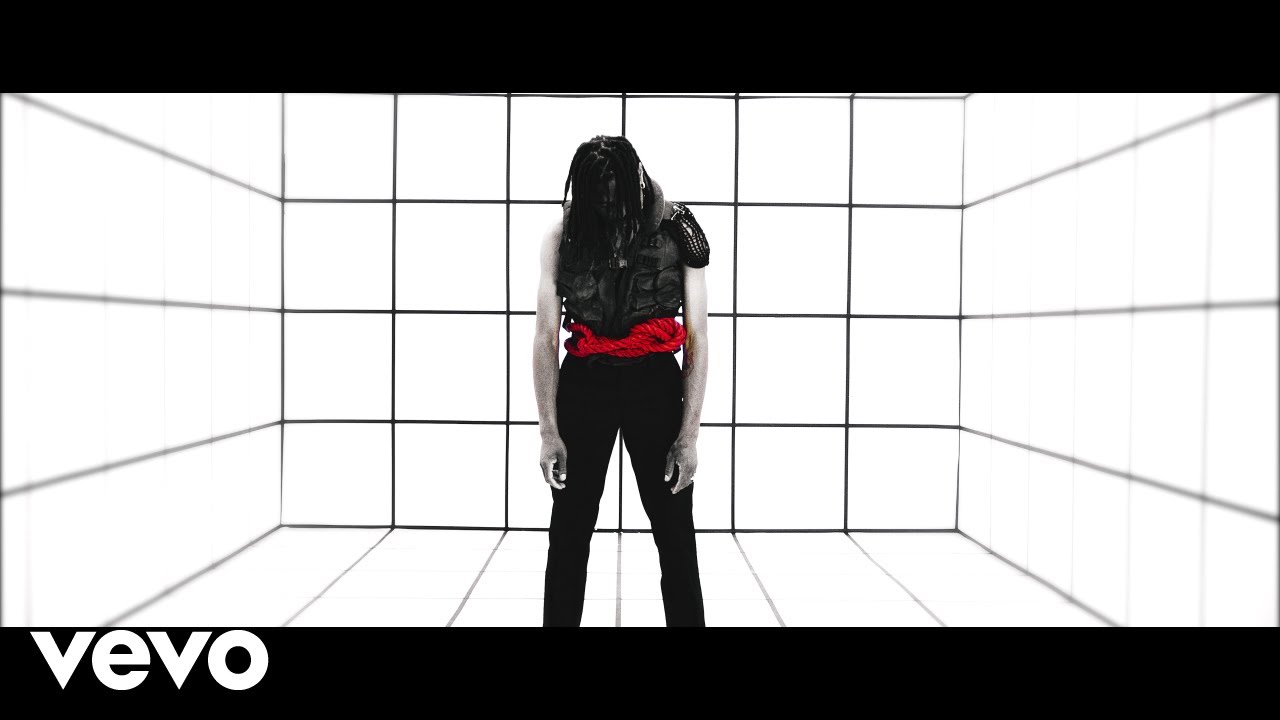
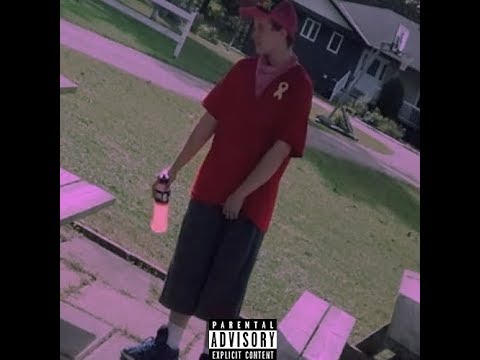
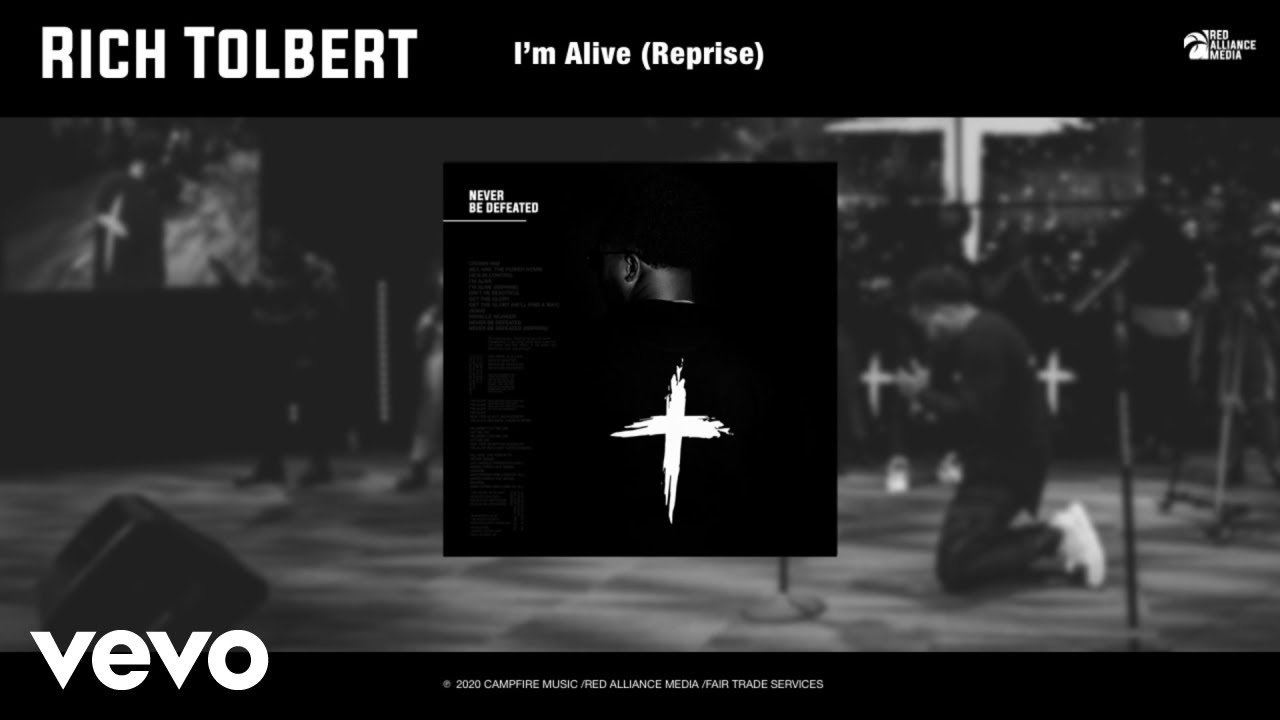
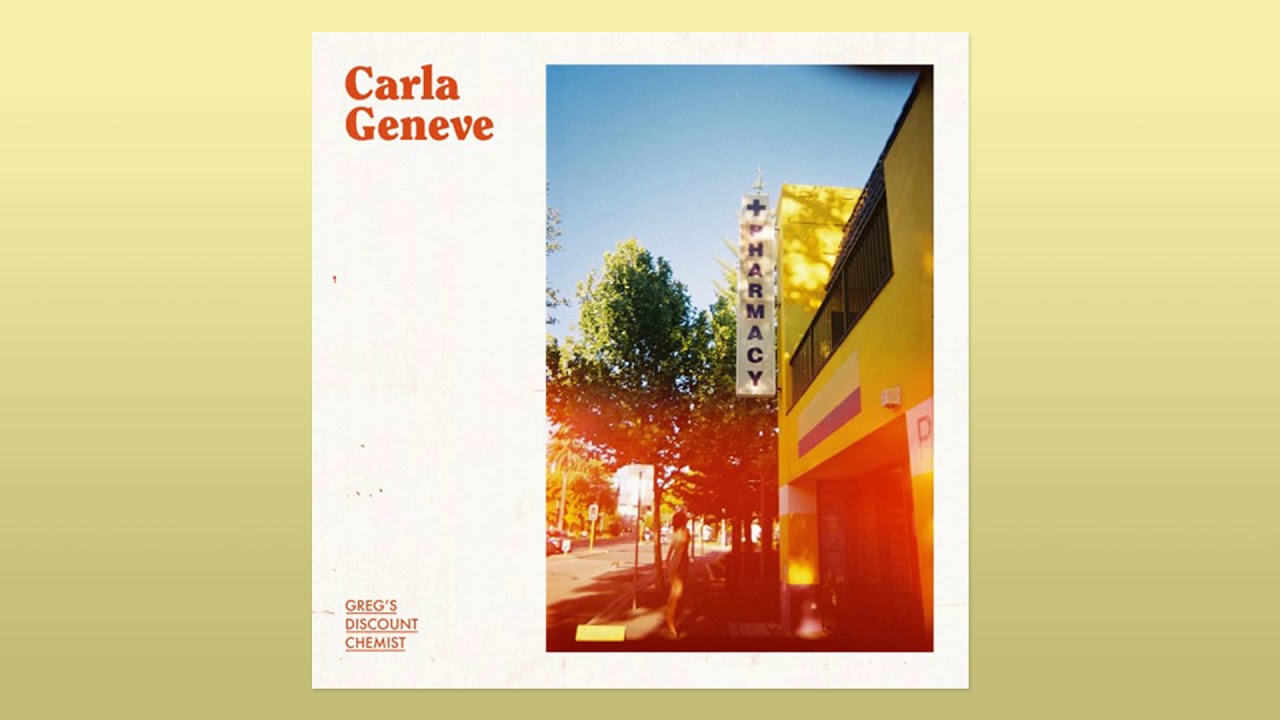
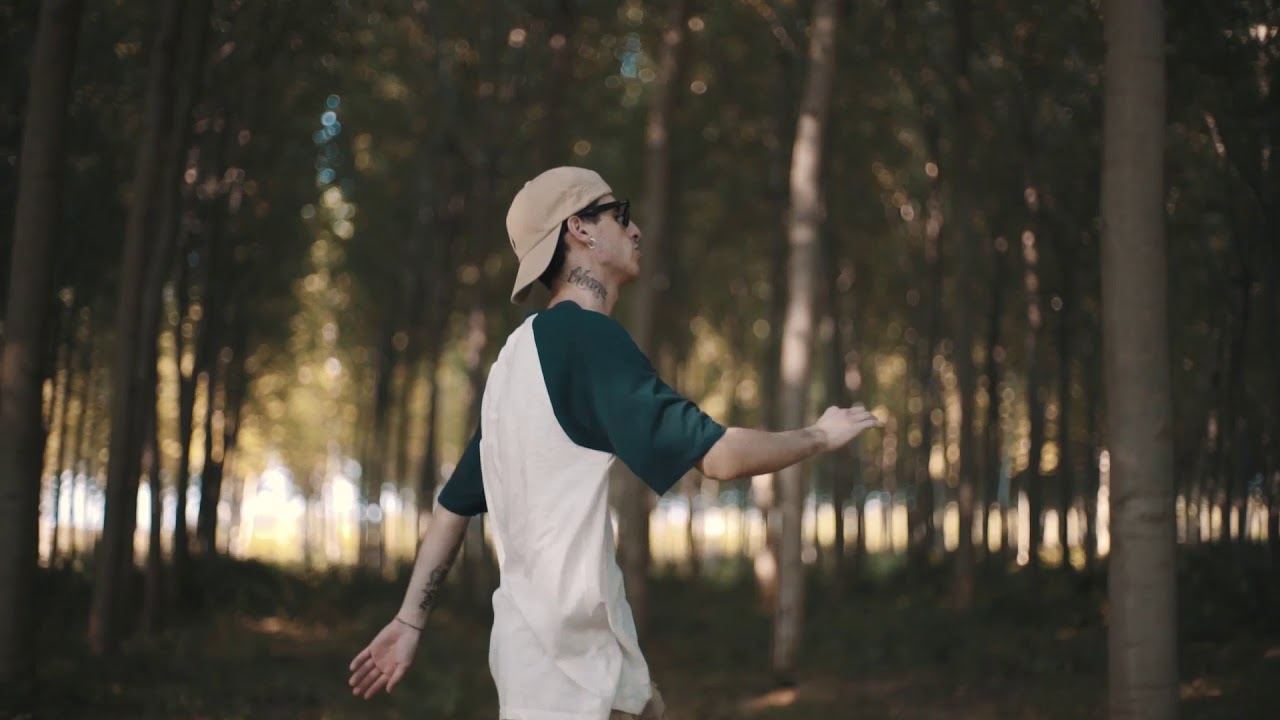
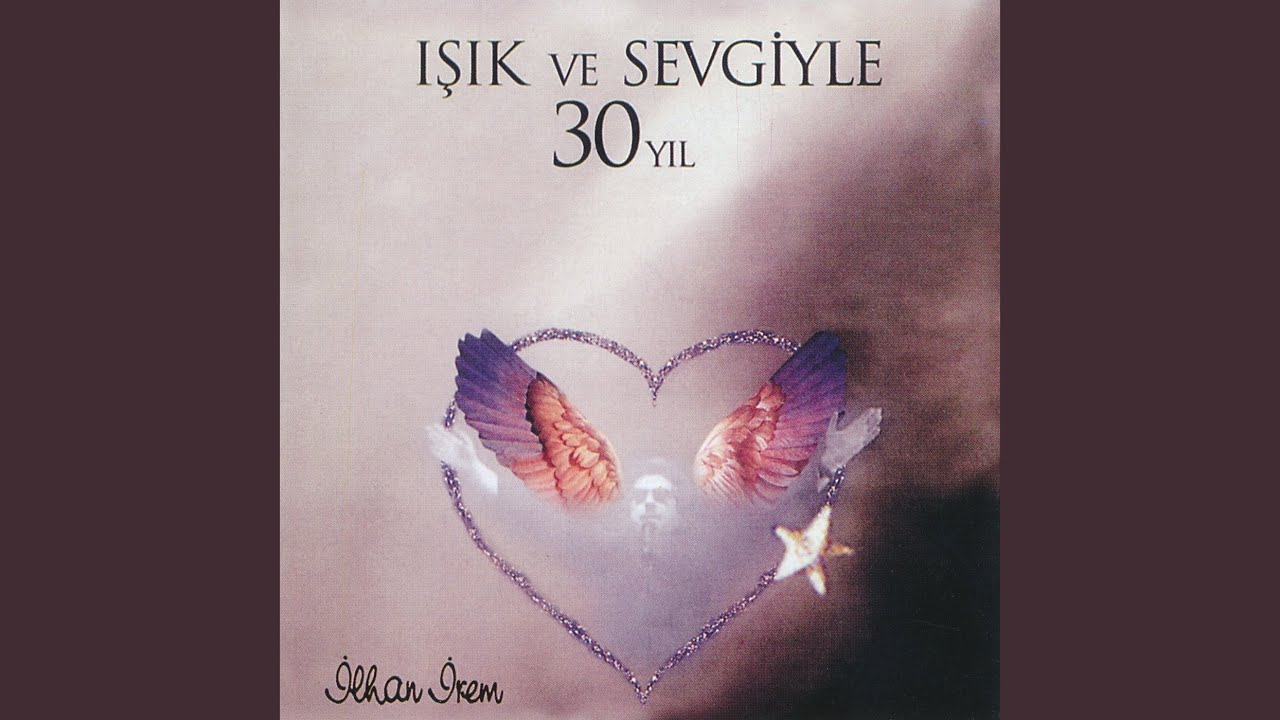
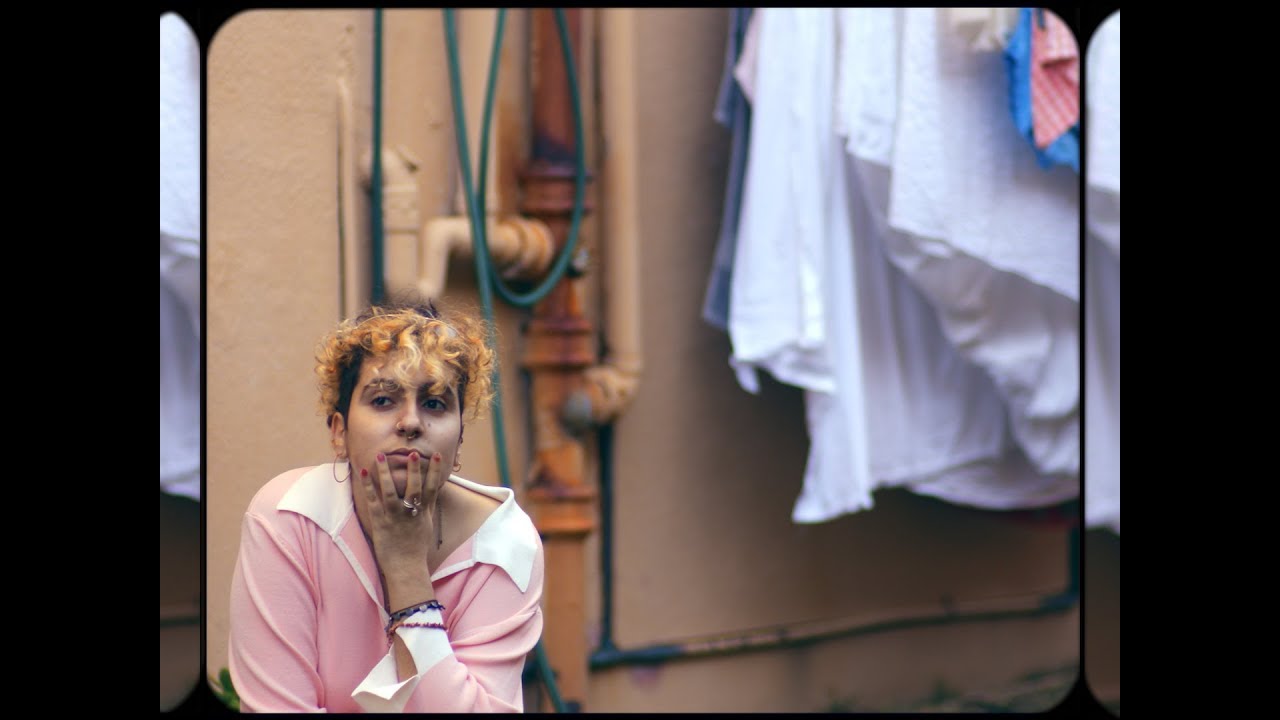
Comments